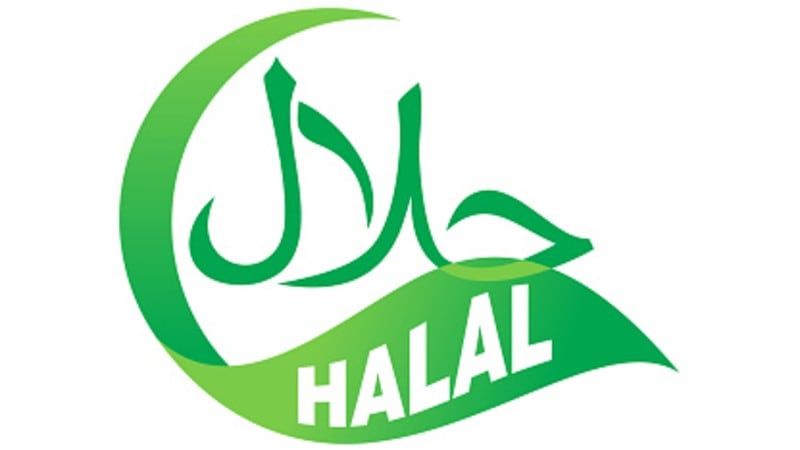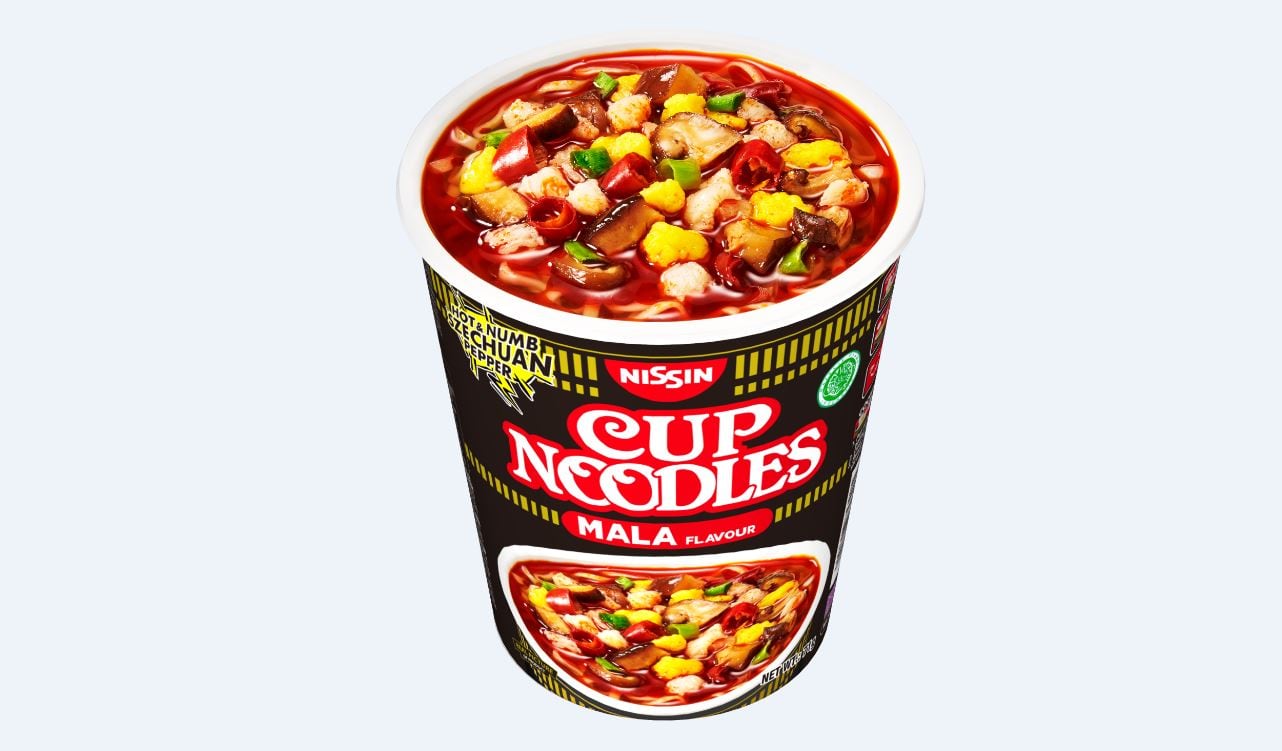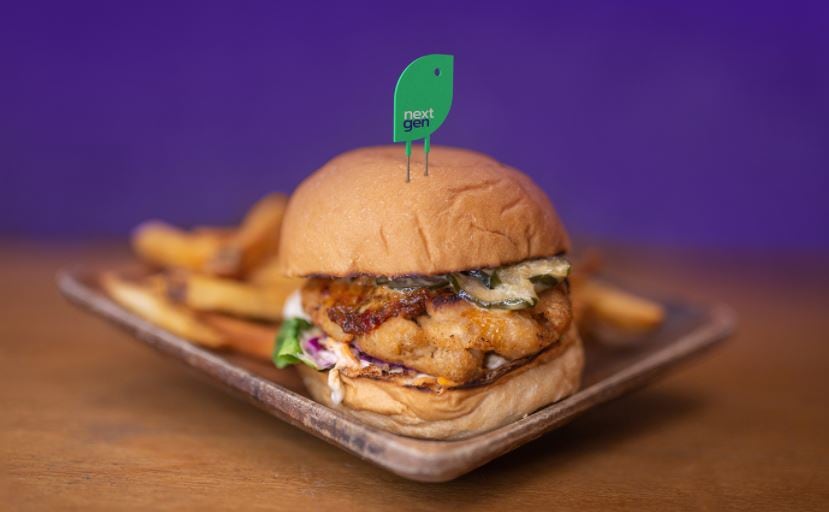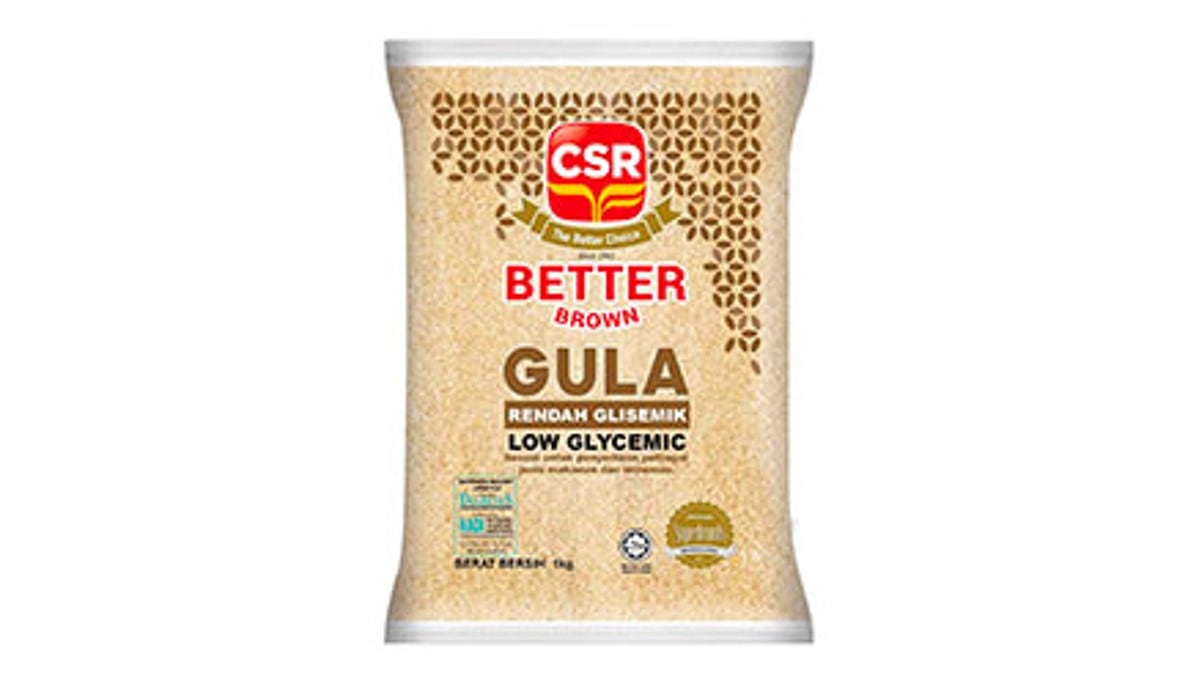According to Majlis Ugama Islam Singapura (MUIS), the sole authority issuing and regulating halal certification in Singapore, halal food firms looking to export their products need to ensure consistency in their documentation, especially when also exporting to countries with a strong halal focus.
“One of the key things that needs to be highlighted is the importance of traceability - [this does not necessarily mean using advanced technology] but that there must be no break in terms of traceability when it comes to matching names, ingredients, contact details and so on,” MUIS Assistant Head, Assurance & Enforcement, Halal Certification Strategic Unit Nurul Hidayah Abubakar said at the recent Halal Perspectives: Opportunities in Times of Uncertainty virtual webinar.
“A good example which may seem obvious [but needs to be reminded is] that the name of the product as found on its label needs to match what we have on the MUIS halal certificate or there will likely be issues securing export approval – for example, if your product is chicken stock on the label, it must also be chicken stock on the certificate and not suddenly chicken flavoured powder or something which we will not be able to match.
“The same goes for contact details such as manufacturer name and address, and product classification (e.g. product with long shelf-life, frozen, etc.) which is especially important as the competent authority in the importing country will also be counter-checking based on the same system and information, and if this doesn’t match there will be another block.”
In addition, she stressed that it is also important to properly research and prepare what needs to go onto the halal food product label before shipping anything over especially in countries where English is not the first language.
“The label may seem like just a small thing to us, but it is important to be accurate in the information conveyed and to ensure that this complies with market requirements – not only because local authorities will require this, but also to communicate well with local consumers,” she said.
“Language for instance is a big thing to be kept in mind when English is not the first language in the importing country, for example the United Arab Emirates – make sure to do your homework to comply with UAE requirements on whether English should be printed first then Arabic, or vice versa, what font sizes are accepted, what product minimum/maximum weights are and so on.
“On-pack claims are another thing – what is deemed to be low-fat or low-sugar here in Singapore may not be the same over in UAE, so special attention needs to be paid here as if you don’t meet the requirements of the country you are exporting to, the product [may not even get in] or may not do well locally if it is not communicated properly.”
MUIS and halal in Singapore
MUIS’ halal certification and regulation scope currently is primarily focused on local halal F&B products in Singapore across the entire food supply chain.
“Over the past few years, we’ve seen massive growth in the local halal food industry which mirrors that internationally – In 2013 MUIS certified 20,435 F&B products and this saw a 160% increase to 53,060 in 2018,” said Nurul.
“We’ve also seen a 79% growth in local halal certified premises, from 2,589 in 2013 to 4,630 in 2018. Of these, 19% were food manufacturers including both local and international names such as Nestle, Mondelez, Givaudan, Abbott, Prima Food, Tee Yih Jia Food Manufacturing and many more.”
The agency has long encouraged Singapore food companies to apply for halal certification in order to leverage on what is now a trillion-dollar market - According to MUIS data, halal certification will allow firms to access a global market worth over US$2.1tn.
“[Halal certification will] enhance competitive advantage in the global marketplace, leverage on a small investment cost with huge potential growth in revenue and boost the company's reputation in being able to meet varied customer needs,” said the agency.
In addition, Nurul stressed that this would also help to provide ‘greater assurance’ to Muslim consumers.
“Importantly, doing this would also aid in the facilitation of wider business opportunities and trade of local [food] products, such as when it comes to entering new export markets,” she said.
MUIS halal application requirements
Nurul also pointed out that not every single food material requires a halal certificate.
“Only selected raw materials deemed as high-risk raw material by MUIS need a halal certificate. These are usually items that come from an animal or actually are animal, which commonly include meat, poultry, gelatine and flavourings,” she said.
“Other items like cheeses, additives, canned foods, sauces, enzymes are medium to high risk so will need to go through a halal questionnaire but not necessarily require certification, and low-risk items such as plant materials, rice, ice, spices, legumes etc will only need to be specified on the product label according to the MUIS Halal Certification Conditions (HCC) documents
“When it comes to applying for halal certification though, I would advise companies to spend time understanding and internalising MUIS’ HCC – these tend to experience a smoother certification journey.
“Do be prepared though, as even after going through applications and inspections and the whole process, approvals can take up to two or three years, depending on the type of company that is applying.”





